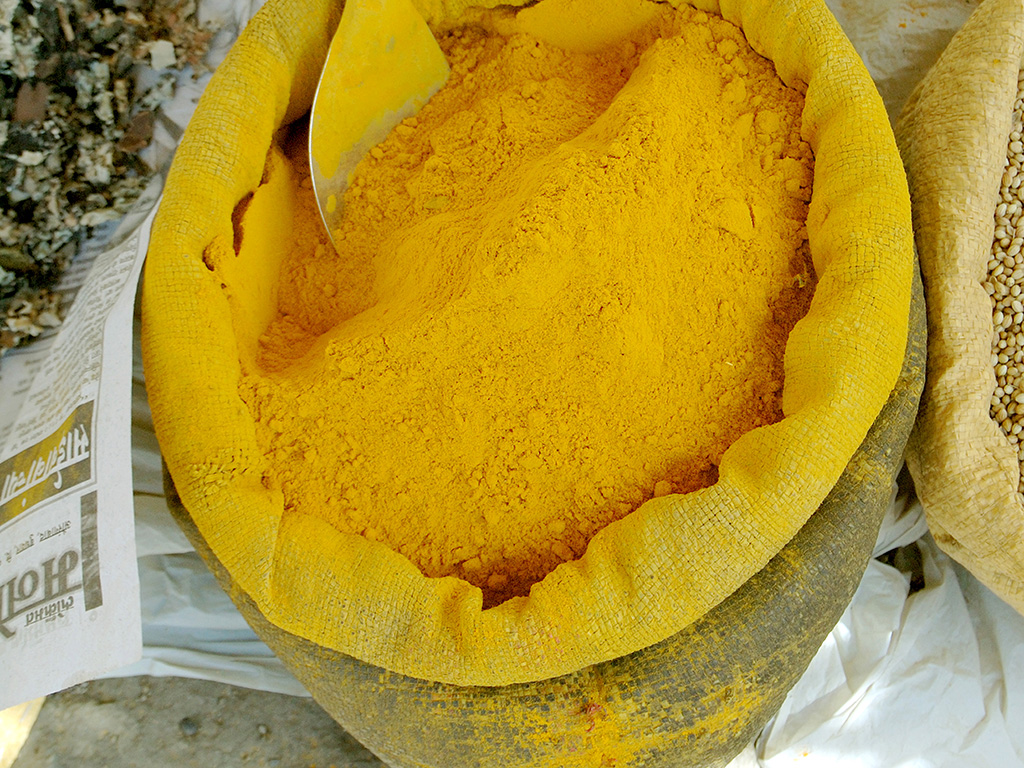Turmeric, the golden-hued spice that practitioners, both medical and holistic, have long touted as a panacea for ills as wide-ranging as hangovers to cancer, might not be as beneficial as once thought, a new study reveals.

Published in the Journal of Medicinal Chemistry, the study examined one of turmeric’s key compounds, curcumin, and found that it’s not easily absorbed by the body, which makes it unlikely to deliver benefits on a cellular level. Add to this the fact that of the overwhelming scientific studies that positioned turmeric as a “miracle” spice, none were double-blind placebo-controlled trials, which is the governing standard for pharmacological studies. It all points to a red herring.
WATCH BELOW: Top 2017 food and nutrition trends

“These studies have become a part of folklore, and their actual results don’t really measure up to what they’re quoted as,” co-author Michael Walters, research associate professor at the University of Minnesota’s Institute for Therapeutics Discovery and Development, said to Time.
But don’t rush to clear your kitchen cupboards of turmeric just yet, study co-author Guido Pauli, a pharmacist and professor of medicinal chemistry and pharmacognosy at UIC College of Pharmacy in Chicago, said to Global News.

Get weekly health news
“Our study looked at the effects of curcumin, which is just one compound in the spice,” he said. “But the other side of the coin is curcuma, the actual plant, and it produces tens of thousands of different compounds. It’s very improbable that curcumin will make it into a drug, but we want to encourage more research on curcuma. From an ethnobotanical perspective, we can’t say that the way in which people in Asia have been using turmeric for centuries to cure ills is invalid. There is clinical significance.”
Dr. Quinn Hand, a naturopathic doctor and founder of Q Wellness, is aware of curcumin’s insolubility, but she says it shouldn’t work towards discrediting the other benefits turmeric offers.
“One of the fallacies when we examine herbs is that we’re looking to get a singular compound,” she says. “In fact, there’s a synergy that’s happening among the many compounds within the herb that we don’t understand and pharmacological studies can’t account for.”
READ MORE: Cheers! British scientist is testing ‘hangover-free alcohol’
If nothing else, Hand says, turmeric offers important local benefits at the gut level. It’s especially helpful to those who suffer from conditions like acid reflux and leaky gut. In the former case, the herb is known to suppress excess production of stomach acid, while in the latter, its astringent qualities are said to help seal the lining of the bowel and digestive tract.
Its cancer fighting abilities are also valid.
“There are benefits to the softer claims that turmeric can help change the body so that it’s less susceptible to cancer, but it doesn’t heal cancer cells,” Pauli explains.
“Turmeric has been looked at in specific cancers but more in terms of a growth mediator,” Quinn says. “It’s been shown to stop certain growth pathways in cancer cells, and it’s also lauded for it antioxidant capacities.”
To incorporate turmeric into your diet, she suggests mixing it with a fat, like milk or butter. Pepper is also a good carrier since its main compound, pepperine, slightly irritates the gut lining thus opening it up and allowing the turmeric to seep into the bloodstream.
“The important thing to remember is that turmeric has many treatments,” Quinn says. “Don’t write it off.”










Comments
Want to discuss? Please read our Commenting Policy first.